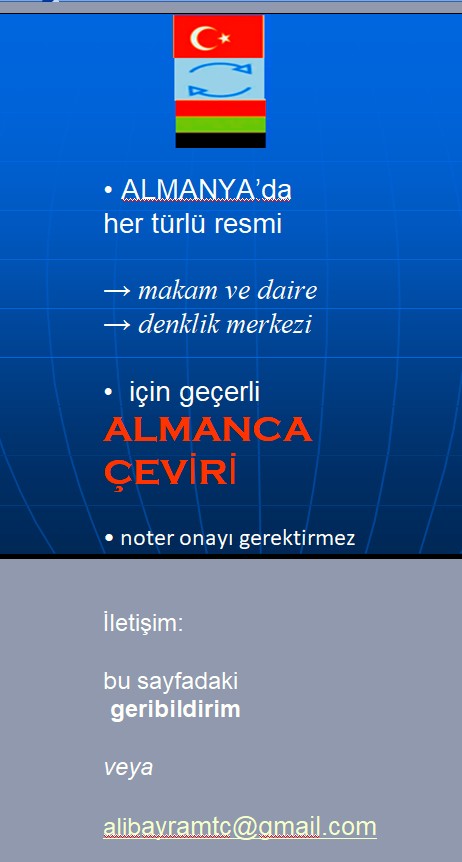Nominalization in Turkish - Turkish Grammar
Form
kernel sentence : Gerçeği söylüyor. / He is telling the truth.
nominalazed sentence : Gerçeği söylediği / that he is telling the truth.
Usage
Gerçeği söylediği açık. / That he is telling the truth is clear. (nominative)
Gerçeği söylediğini biliyorum. / I know that he is telling the truth. (accusative)
Gerçeği söylediğine inanıyorum. / I believe that he is telling the truth. (dative)
Gerçeği söylediğinden emenim. / I am sure that he is telling the truth. (ablative)
Form
kernel sentence : Suçluydu. / He was guilty.
nominalazed sentence : suçlu olduğu / that he was guilty.
Usage
Suçlu olduğu açık. / That he was guilty is clear. (nominative)
Suçlu olduğunu biliyorum. / I know that was guilty. (accusative)
Suçlu olduğuna inanıyorum. / I believe that he was guilty. (dative)
Suçlu olduğundan emenim. / I am sure that he was guilty. (ablative)
Examples
It won't be easy to climb up that mountain.
I pointed out that it wouldn't be easy to climb up that mountain.
O dağa tırmanmanın kolay olmayacağına işaret ettim.
The van driver is to blame.
The bus driver said (that) the van driver was to blame.
Otobüs şoförü minibüs şoförünün suçlu olduğunu söyledi.
Character data and numeric data are differentb
It's important to note (that) character data and numeric data are different.
Karakter verileri ile sayısal verilerin ayrı olduğuna dikkat etmek önemlidir.


